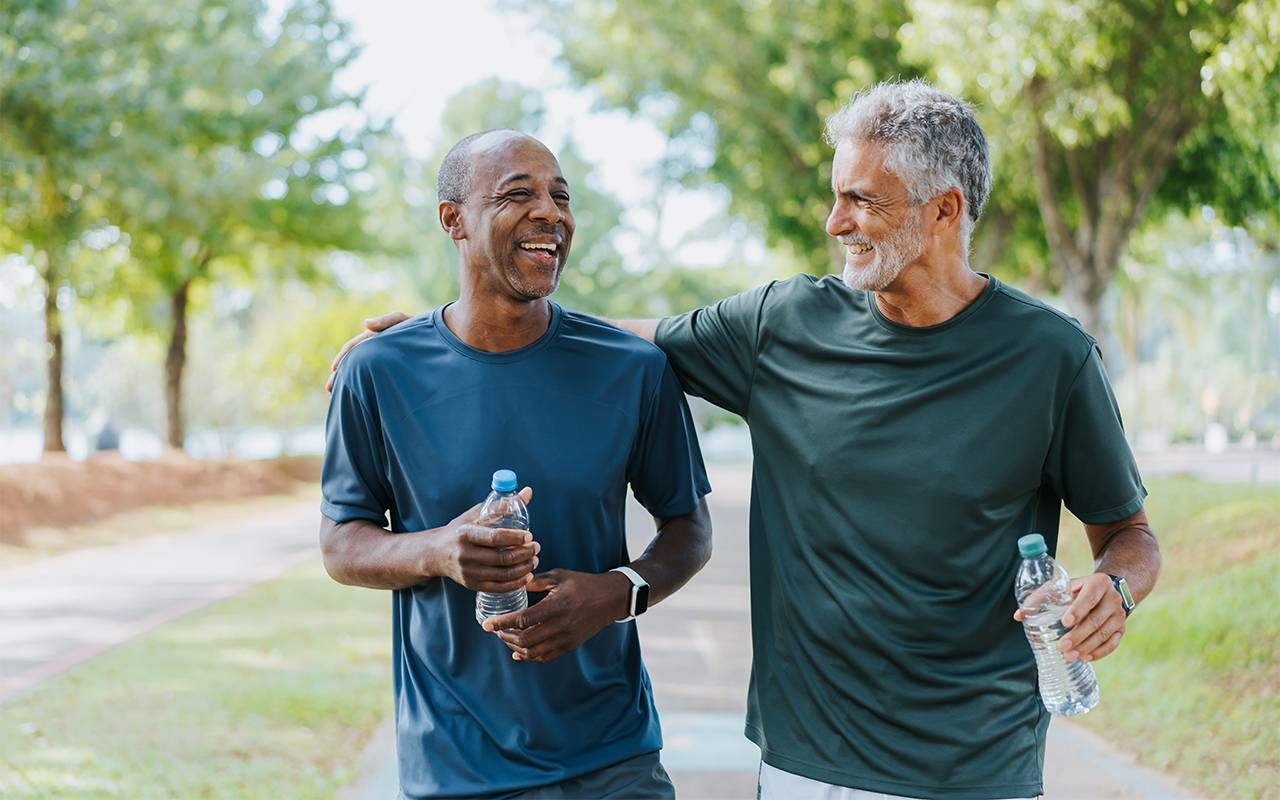Ageism, Loneliness and the Need for Resilience
Research shows that higher levels of resilience may be more likely to prevent ageism from directly impacting mental health
Ageism and loneliness are two relevant public health issues, mainly affecting older adults' mental health. As the average life expectancy increases, these issues tend to coexist and may threaten the quality of life of older adults, particularly those with significant barriers.

New research has shown that resilience could reduce the mental health effects of ageism and loneliness, but the impact on minority elders remains unclear. The United States Census Bureau reports that older adults, in general, will be more racially and ethnically diverse.
Resilience is a common theme in research, but what does resilience mean when addressing ageism and loneliness?
As a result, the aging of the population will have vast implications in several areas, including ageism and loneliness, where both issues are ingrained in culture and society. Even as we continue getting bombarded with messages about aging, it is compounded by our negative age stereotypes that can affect our physical and mental health, especially as we age.
The rapid growth in the older population will challenge health care professionals and policymakers as they find new and innovative ways to include a resilience framework in intervention programs for aging and mental health.
Without a holistic approach to resilience and mental health, minority older adults are left with a flawed "one size fits all" approach as attitudes and stereotypes associated with aging increase with the aging population.
Holistic Approach to Resilience
A report from the World Health Organization states that among elders, ageism is associated with poorer physical and mental health, increased social isolation and loneliness, greater financial insecurity, decreased quality of life and premature death.
According to the report, an estimated 6.3 million cases of depression globally are attributable to ageism. In addition, ageism intersects and exacerbates other forms of bias and disadvantage, including sex, race and disability, negatively impacting health and well-being.
If society hopes to reduce ageism and our epidemic of loneliness, it will require taking a hard look at the role privilege and resilience play in these issues.
Resilience is a common theme in research, but what does resilience mean when addressing ageism and loneliness? And how does privilege encourage resilience and contribute to inequalities?
What is Resilience?
Resilience is too often discussed as an individual accomplishment to surviving adversity, said Dr. Kayse Lee Maass, an industrial engineering professor who leads the Operations Research and Social Justice lab at Northeastern University.
"Imagine what our society could look like if we focused on building resilient communities and ensuring robust community support systems."
"Instead of placing the burden on individuals to be resilient, imagine what our society could look like if we focused on building resilient communities and ensuring robust community support systems are in place to meet the needs of community members."
For minority elders, the expectation for resilience can seem like an added burden, leaving many to remain isolated or experience the ripple effects of ageism. In other words, we may need to expand our view of resilience.
As the population becomes increasingly diverse, the social and economic burden of ageism and loneliness on minority older adults is expected to overgrow. Therefore, understanding the influence of cultural values on these issues is essential to provide support for minority elders.
How Resilience Impacts Minority Elders
As current research confirms, having higher levels of resilience may be more likely to prevent ageism from directly impacting mental health. Hence working to increase overall resilience might be the solution to addressing age discrimination.
It has been shown that social isolation and loneliness are common among African American and Black older adults, and were particularly prevalent during the pandemic. For Black older adults who immigrate to the United States, social isolation is worse because of cultural, religious and language differences that they may encounter when they come to the country, especially if the individual immigrates later in life.
Minority populations may face barriers to accessing services, stigma, language barriers and cultural conflicts leading to less use of formal health and social services, leading to acute loneliness. Not only can these experiences impact individual resilience, but they can also negatively affect community resilience and belonging — unless the narrative changes.
For example, communities could improve accessible transportation options for older adults unable to drive to attend community activities, prioritize home-based social visits, or assist community members with accessing new technologies to connect with loved ones remotely, said Maass.
A degree of resilience can make or break us.
"By prioritizing equitable and accessible community-based support systems, we could shift the burden away from individuals needing to overcome loneliness by themselves."
According to an older Black immigrant from West Africa who prefers to remain anonymous, joining an African church close to her helped her to feel at home and establish new connections, making the transition process more accessible. On the other hand, some older immigrants have decided to retire in their country of birth due to strong ties, nostalgia or a chance to start anew.
Creating a sense of belonging anywhere is critical to reducing loneliness, especially for less resilient older adults and those lacking the privilege of community. Having an intentional community may promote resilience to minimize the adverse effects of loneliness and ageism.
Because, in the end, a degree of resilience can make or break us.
Since privilege and resilience can predict loneliness, solutions can also consider unique lived experiences. If not, such solutions will only address loneliness on a surface level.
It is a challenging task, one that requires not only shaping media narratives but also requires individuals to be willing to develop a personal sense of responsibility and accountability.

